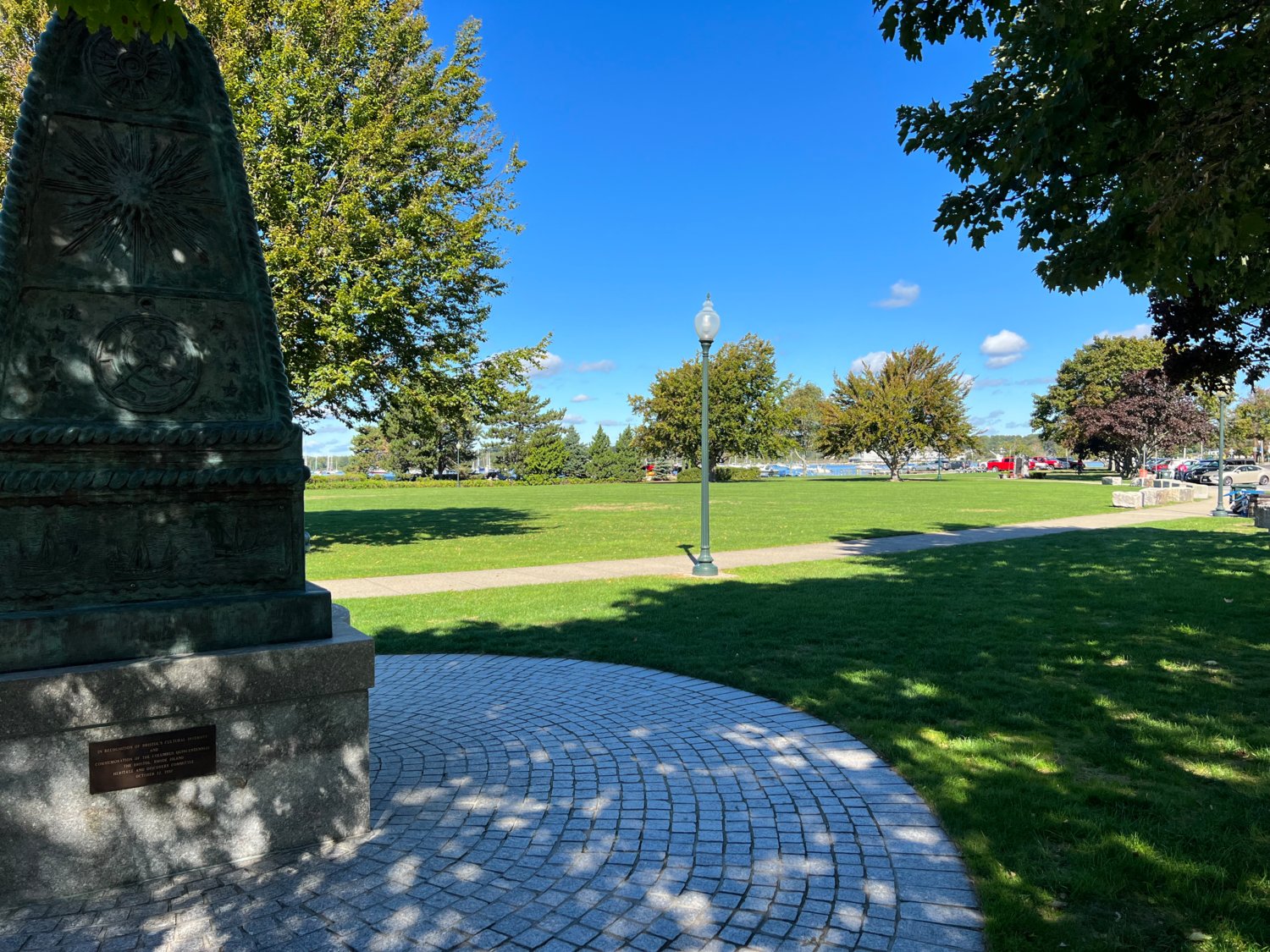Port Marker location to be unveiled Saturday in Bristol
Though the final design and wording of the marker is still being determined, a temporary sign at the permanent memorial location will be unveiled at Independence Park on Saturday at 10 a.m.
This item is available in full to subscribers.
Please log in to continue |
Register to post eventsIf you'd like to post an event to our calendar, you can create a free account by clicking here. Note that free accounts do not have access to our subscriber-only content. |
Day pass subscribers
Are you a day pass subscriber who needs to log in? Click here to continue.
Port Marker location to be unveiled Saturday in Bristol
The Bristol Middle Passage Port Marker Project, a movement to acknowledge the history of Bristol’s participation in the transatlantic human trade and its effects on African and Indigenous peoples by erecting a memorial, invites the public to attend a Ceremony of Recognition this Saturday, Feb. 25 at 10 a.m., at Independence Park, the town- approved site chosen for the installation of a memorial marker.
Though the final design and wording of the marker is still being determined, a temporary sign at the permanent memorial location will be unveiled. Brief remarks will be given about the history of the trade and the involvement of Rhode Island and the Town of Bristol.
Beginning in the 17th century, Rhode Islanders enslaved Indigenous peoples from throughout southern New England and forced them into labor both in their ancestral homelands and in the plantation economies of the Caribbean. In the same period, they also brought enslaved Africans to plantations in the Americans and West Indies, as well as to Rhode Island. Although historical research is ongoing, SlaveVoyages.org estimates that between 1649 and 1819, at least 953 voyages to Africa were conducted by ships registered in Rhode Island, enslaving over 113,279 individuals. Of this count, Bristol-registered ships were responsible for at least 166 voyages. According to the Bristol Historical & Preservation Society at least 600 enslaved people lived in Bristol between the town's founding in 1680 and 1808, when the trade was outlawed under United States law.
Professor Bernard Freamon, Bristol Middle Passage Port Marker Project co-chair and Director of the Race and the Foundations of American Law course at Roger Williams, will offer his remarks on the occasion.
“Bristol and Newport were key to the transatlantic slave trade and it’s very important for the African American and Indigenous communities that we recognize and acknowledge that role,” he said. “Independence Park is the best spot in town.”
"The memorial marker overlooking the port of Bristol is one step in honoring the people who not only survived the harrowing voyage across the Atlantic, but also demonstrated incredible resilience and persistence that ultimately led to meaningful contributions to the Bristol community, and to America. Our goal is to recognize and honor that story, share educational forums to highlight that history, and to create a safe place for difficult and crucial dialogue to take place."






